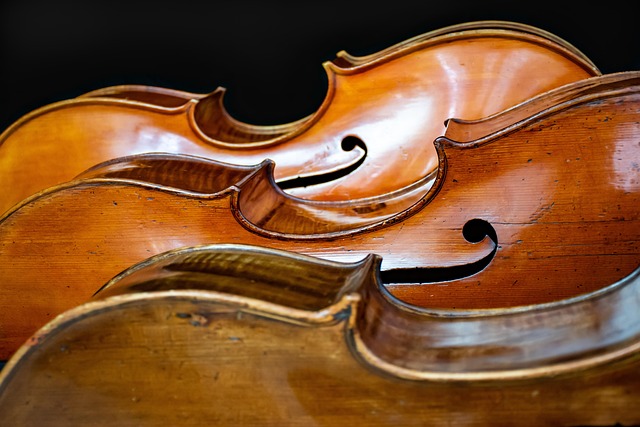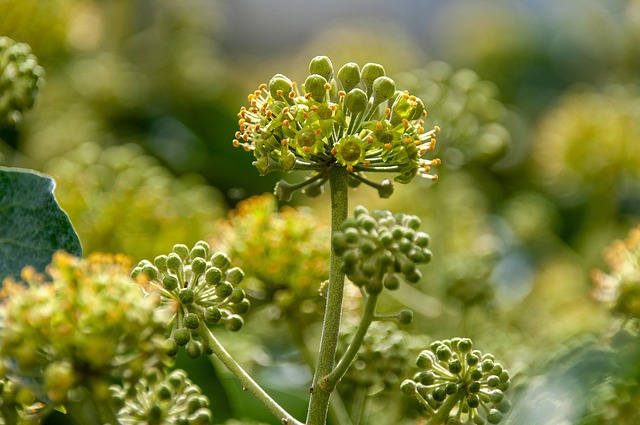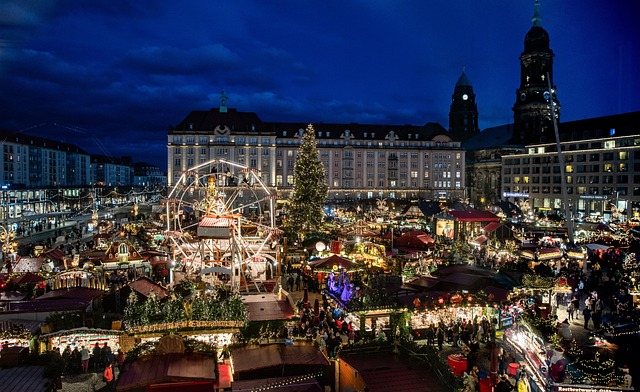Introduction to Portuguese Music
Portuguese music is a cultural journey through centuries and a variety of sounds. It is full of emotion, history, and passion. The contemporary music scene in Portugal is a mix of traditional sounds with new trends.
Fado – The Soul of Portuguese Music
Fado is arguably the most recognizable music genre in Portugal. It is characterized by melancholy and emotional depth. It is usually performed solo with the accompaniment of a Portuguese guitar. Fado originated in the 19th century and has been gaining popularity worldwide over the years. Icons of this genre include Amália Rodrigues and Mariza. Fado is listed as an intangible cultural heritage by UNESCO.
Pimba – Music That Entertains the Masses
Pimba is a more contemporary genre that can be compared to the disco polo music in Poland. It is very popular among the local population, especially during festivals and weddings. It is music full of energy and simple lyrics, often about love and everyday life. Although music critics rarely take pimba seriously, its well-known songs like “Apita o Comboio” are very well-loved.
Contemporary Hits of the Portuguese Music Scene
The current Portuguese music scene is incredibly dynamic and diverse. It features a mix of traditional sounds with elements of pop, rock, and even electronic music. Artist Ana Moura refreshes the traditions of fado, while Salvador Sobral captured the hearts of fans at Eurovision. Other contemporary artists, such as Dino D’Santiago or Blaya, bring unique sounds. Thanks to this diversity, Portuguese artists are gaining popularity beyond the borders of their country.
Conclusion
Portuguese music is a fascinating world of sounds with a diverse character. From emotional fado songs, through energetic pimba rhythms, to innovative contemporary hits. This music is an excellent reflection of Portugal’s rich culture. It is more than just a form of entertainment – it tells the story, emotions, and everyday life of the country.



